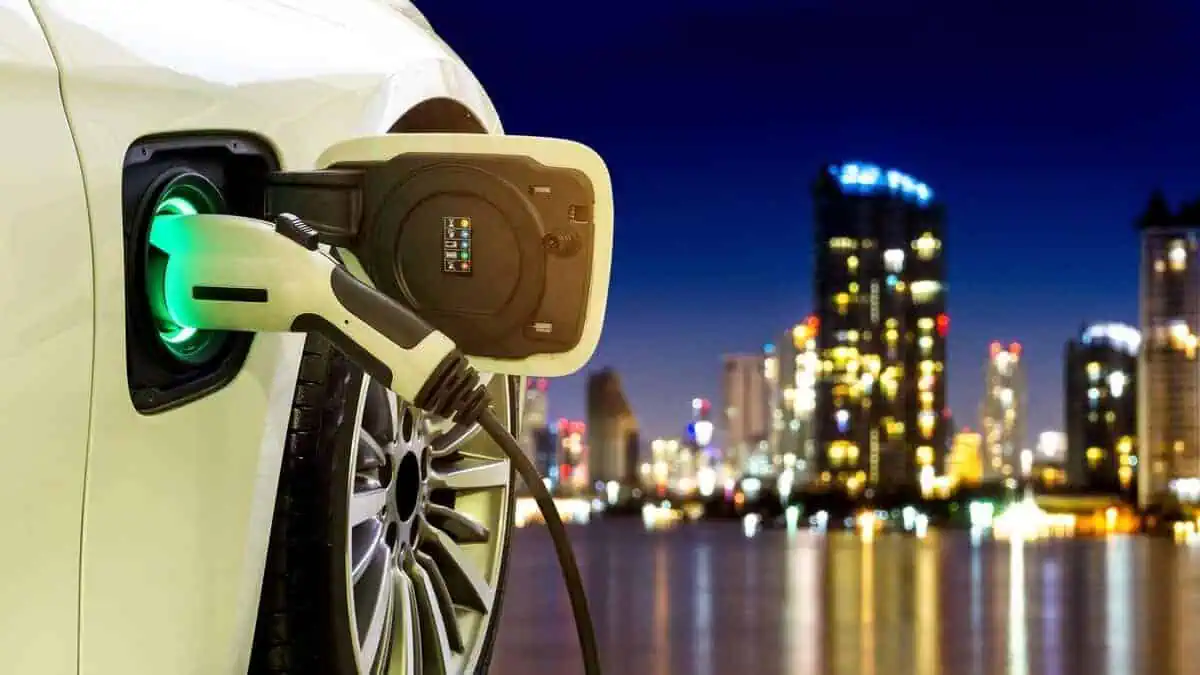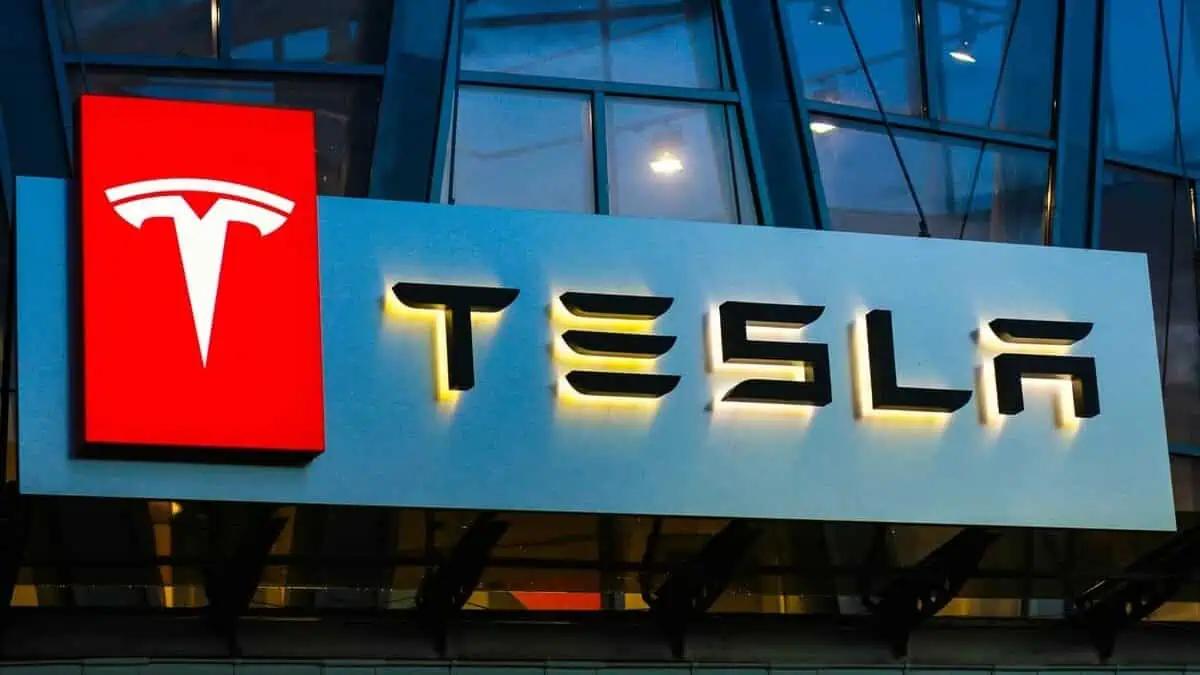The Government of the United States reportedly put up a proposal to amend the country’s biofuel policy on December 1, as per Reuters.
Notably, the US Environmental Protection Agency’s proposal is part of President Joe Biden’s wider strategy to reduce carbon emissions in the economy. It can potentially enable electric vehicle makers to profit from the lucrative market for transferable credits for renewable fuels.
How would the proposal work in the US?
Current US Renewable Fuel Standard
Based on the US Renewable Fuel Standard, oil refiners must actively mix billions of gallons of biofuels or purchase credits known as RINs. Essentially, these credits would come from other businesses that blend on their behalf.
New Proposal
According to the revised proposal, refiners would still be needed to blend considerable quantities of biofuels or buy RINs. It would, however, include a twist meant to promote the manufacture of electric vehicles.
In effect, RINs might be produced and sold to refiners by EV makers. However, they must prove that the cars and trucks they make are propelled by electricity. Additionally, they must originate from facilities that burn biofuels, such as methane collected from covered trash dumps or farm manure lagoons.
It is worth noting that the United States currently produces a very modest but steadily increasing amount of its electricity from “biogas.”
Value of an E-RIN
For EV makers, the idea may result in hundreds of millions or even billions of dollars. In 2024, the Environmental Protection Authority projects that the sector will produce up to 600 million e-RINs.
If they can produce enough vehicles and locate enough biogas-based power, they expect that number to double by 2025. That is significant growth for just a year!
According to the proposal, each e-RIN would correspond to 6.5-kilowatt hours of energy produced by biofuels.
Although the value of a RIN is erratic, they are now trading for more than $1.50 each.
“The proposal as a way to drive forward fuel innovations while balancing the need to maintain and strengthen critical domestic refining capacity, and support the union workers who operate these facilities.”
EPA Administrator Michael S. Regan
Assuringly, EV makers may anticipate a relatively consistent set of interested buyers because oil refiners are mandated to accumulate billions of these credits yearly.
| PROPOSED QUOTAS (IN BILLION GALLONS) | 2023 | 2024 |
| Cellulosic biofuel | 0.72 | 1.42 |
| Biomass-based diesel | 2.82 | 2.89 |
| Advanced biofuel | 5.82 | 6.62 |
| Total renewable fuel | 20.82 | 21.87 |
| Supplemental | 0.25 | n/a |






